Chaka Khan
Credits

Hollywood SquaresStream
Guest
Game Show
2025

Chaka By Chaka Khan Fragrance
Guest
Show
2024
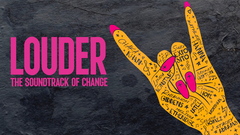
Louder: The Soundtrack of ChangeStream
Self
Movie
2024

American Music Awards 50th Anniversary Special
Music Performer
Show
2024

A Conversation With Chaka Khan
Self
Show
2023

Chaka by Chaka Khan Fragrance Premiere
Guest
Show
2023

Beauty Report With Amy Morrison Special Edition - Chaka Khan
Guest
Show
2023

2023 Rock & Roll Hall of Fame Induction Ceremony
Self
Show
2023

Holiday Host Faves With Debbie D
Guest
Show
2023

The Jennifer Hudson ShowStream
Music Performer
Talk
2022

Access Daily With Mario & Kit
Guest
Show
2022

Women Who RockStream
Self
Docuseries
2022

SuperstarStream
Self
Series
2021

An Evening With Debra Lee
Music Performer
Show
2020

Chaka Khan: Ain't Nobody (Rufus '89 Remix)
Music Performer
Show
2020

The One and Only Ivan
Actor
Henrietta
Movie
2020

Chaka Khan Homecoming
Music Performer
Show
2019

Joni Mitchell 75: A Birthday Celebration
Self
Show
2019

Access Daily
Guest
Show
2019

Tamron HallStream
Guest
Talk
2019

Quincy Jones - 75th Birthday Anniversary: Montreux
Self
Show
2019

The Music Center Presents Joni 75: A Birthday Celebration
Music Performer
Show
2019

Chaka Khan: Hello Happiness
Music Performer
Show
2019

En Vogue Talks Artists Who Inspire Them
Music Performer
Show
2019

Today 3rd Hour
Guest
Show
2018

Chaka Khan: Like Sugar
Music Performer
Show
2018

Rock Hall '19 Noms
Music Performer
Show
2018

Revival! The Experience
Actor
Herodias
Movie
2018

The 40th Annual Kennedy Center Honors
Music Performer
Show
2017

Taraji's White Hot Holidays
Music Performer
Show
2017
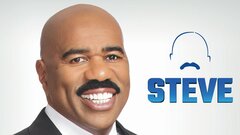
STEVE on Watch
Guest
Talk
2017

Pitch Battle
Judge
Show
2017

Showtime at the Apollo
Guest
Show
2017

FOMO, Taka Boom & Mark Stevens feat. Chaka Khan: House Of Love
Music Performer
Show
2016

Celebration of Gospel 2016: Extras
Actor
Show
2016

Chaka Khan Feat. B. Slade: I Love Myself
Music Performer
Show
2016

International Jazz Day
Music Performer
Show
2015
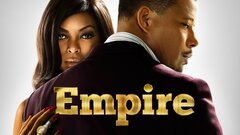
EmpireStream
Guest Star
Herself
Series
2015

Great Women Singers of the 20th Century: Chaka Khan
Actor
Show
2014

Good Morning Britain
Guest
Show
2014

Sunday Best: Extras
Self
Show
2013

2013 Trumpet Awards
Actor
Show
2013

BET Honors 2013
Guest Star
Show
2013

14th Annual NFL Gospel Music Celebration
Music Performer
Show
2013

An Evening of Stars: Tribute to Chaka Khan
Guest Star
Show
2011

Piers Morgan Tonight
Guest
Talk
2011

Incognito Feat. Chaka Khan, Mario Biondi: Low Down
Music Performer
Show
2010

The Project
Guest
Show
2009

Watch What Happens Live With Andy CohenStream
Guest
Talk
2009

RuPaul's Drag RaceStream
Guest
Series
2009

The Wendy Williams ShowStream
Music Performer
Talk
2008

Chaka Khan: Will You Love Me?
Music Performer
Show
2008

Phineas and FerbStream
Music Performer
Series
2007

The Graham Norton ShowStream
Music Performer
Talk
2007

Chaka Khan: Angel
Music Performer
Show
2007

The Martha Stewart Show
Guest
Reality
2005

Dancing With the StarsStream
Contestant
Reality
2005

Dancing With the StarsStream
Music Performer
Reality
2005

Method & Red
Guest Star
Show
2004

The Ellen DeGeneres Show
Music Performer
Talk
2003

Jimmy Kimmel Live!Stream
Music Performer
Talk
2003

American IdolStream
Music Performer
Reality
2003

Standing in the Shadows of Motown
Self
Movie
2002

Friday Night with Jonathan Ross
Actor
Show
2001

Good News
Guest Star
Show
1997

The View
Music Performer
Talk
1997

Access HollywoodStream
Guest
News
1996
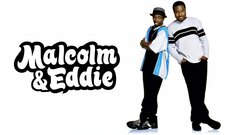
Malcolm & EddieStream
Guest Star
Series
1996

The Chris Rock ShowStream
Guest
Talk
1996
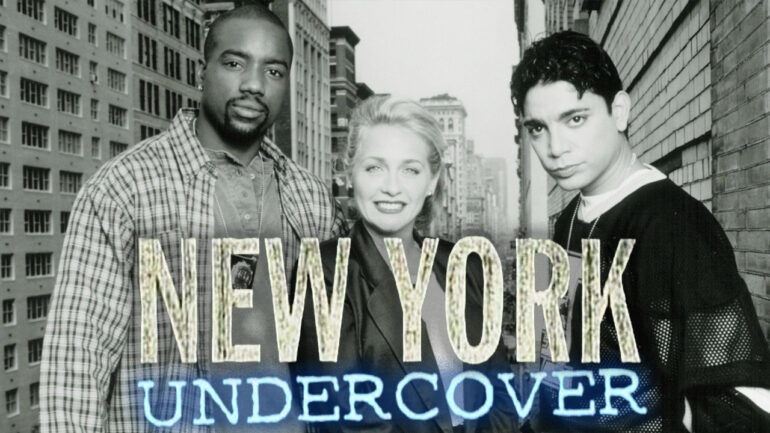
New York UndercoverStream
Guest Star
Series
1994

Extra
Guest
News
1994

Late Show With David Letterman
Music Performer
Talk
1993
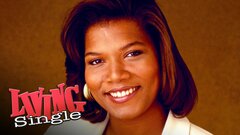
Living SingleStream
Guest Star
Series
1993

Chaka Khan: Love You All My Lifetime
Music Performer
Show
1992

HunterStream
Guest Star
Miss Gina B
Series
1984

Entertainment Tonight
Guest
News
1981

CBS News Sunday MorningStream
Guest
News
1979

The Soupy Sales Show
Guest Star
Series
1978

Good Morning America
Guest
News
1975

Saturday Night LiveStream
Music Performer
Series
1975

Great PerformancesStream
Music Performer
Franchise
1972

Sesame StreetStream
Music Performer
Series
1969

Today
Guest
News
1952
News aboutChaka Khan

2023 Rock & Roll Hall of Fame Inductees Include Willie Nelson, Sheryl Crow & More

7 Reasons ‘The Masked Singer’s Miss Monster Is Probably This Funk Diva

Welcome the New Year With the 130th Tournament of Roses Parade















